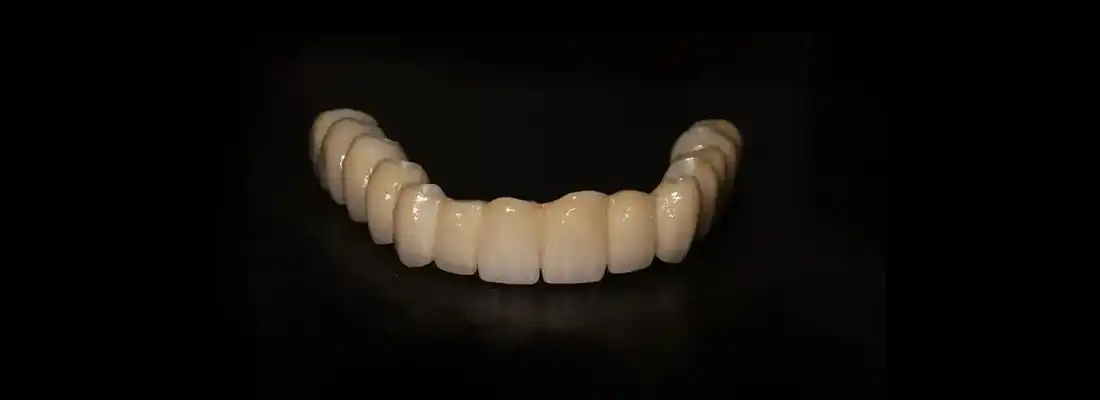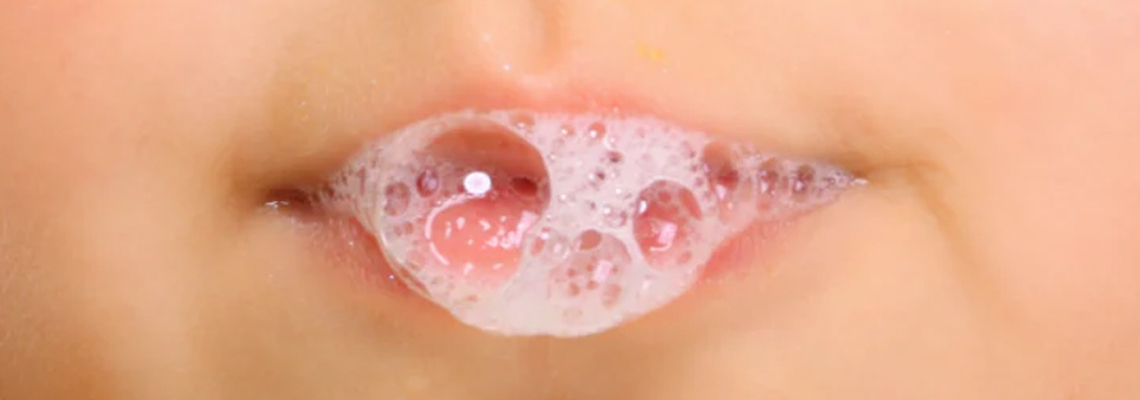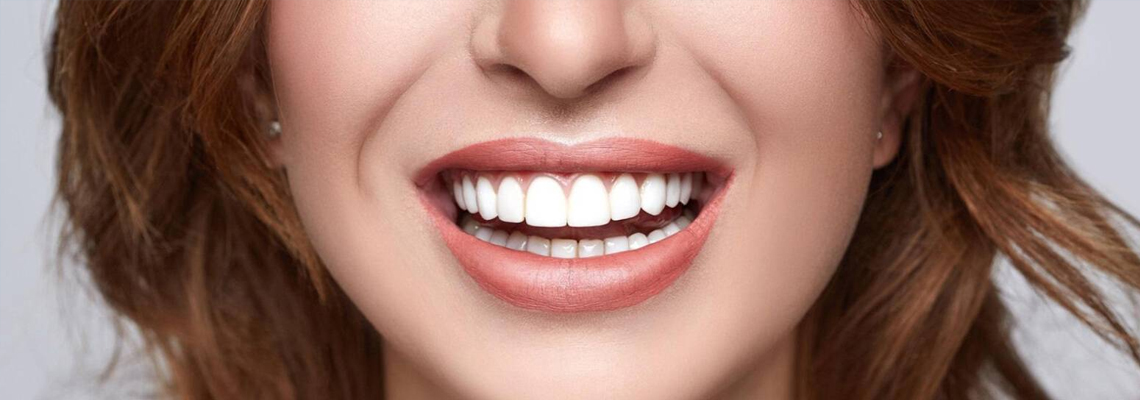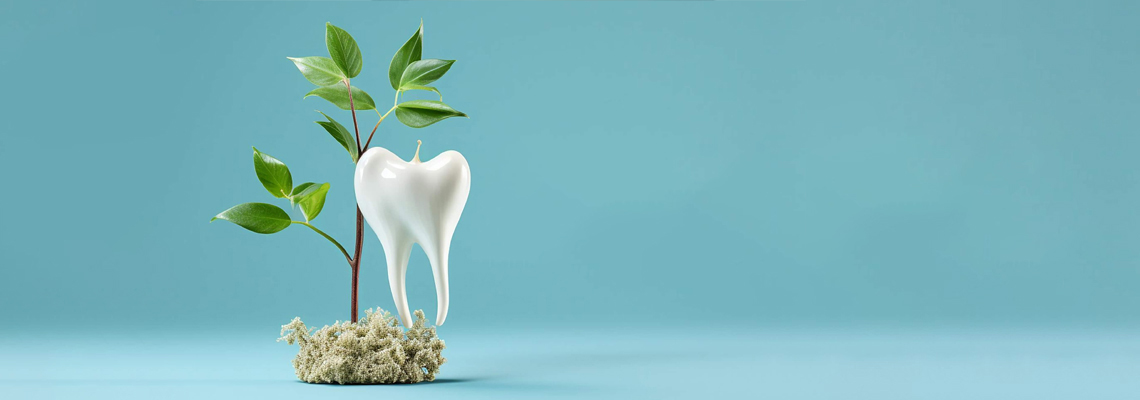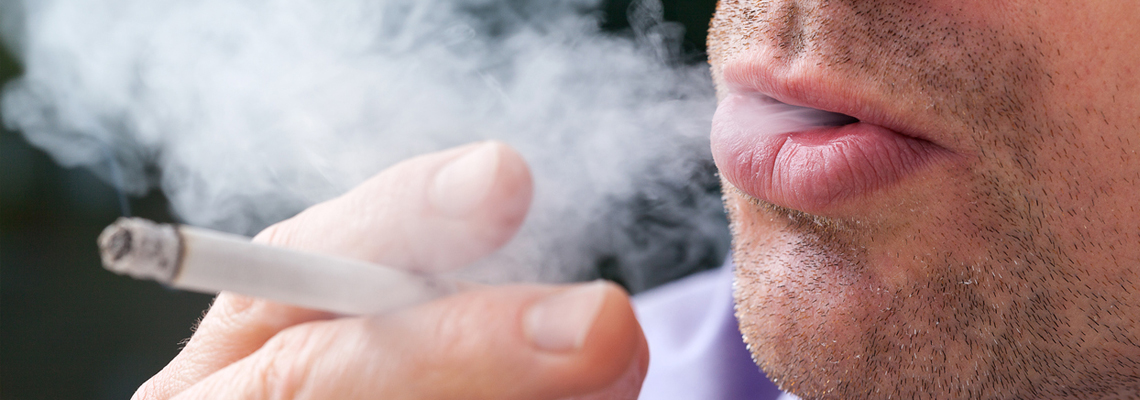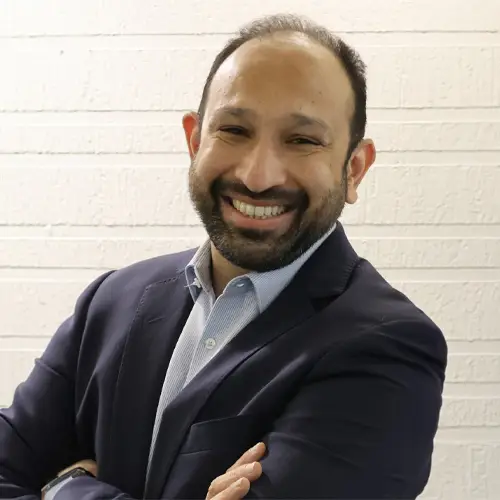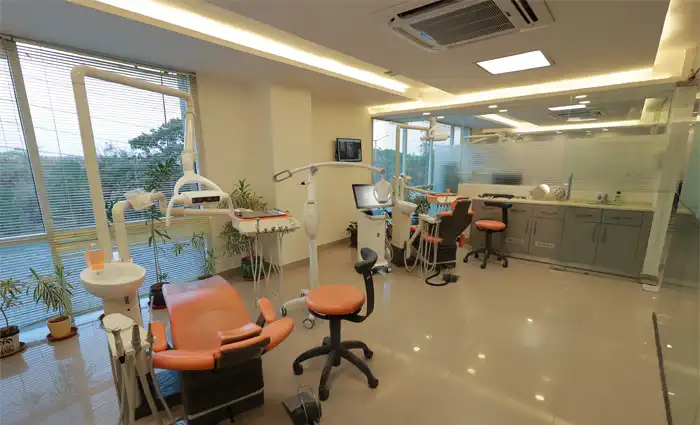Dental care has undergone a remarkable evolution, transforming from rudimentary practices to sophisticated procedures that prioritize both health and aesthetics. This journey through time reveals how advancements in technology, science, and our understanding of oral health have shaped the ways we care for our teeth.
Ancient Practices and Early Innovations
In ancient times, dental care was primitive and often based on trial and error. Archaeological findings show that ancient Egyptians practiced dental care using a combination of rudimentary tools and herbal remedies. They used a form of toothpaste made from crushed eggshells and ground animal hooves mixed with pumice. Ancient Greeks and Romans also made significant contributions, with Hippocrates writing about dental diseases and treatments around 400 BCE.
The Etruscans, an ancient civilization in Italy, were among the first to create dental prosthetics. They crafted rudimentary bridges and dentures from animal teeth and gold. These early attempts at dental restorations laid the groundwork for future advancements in prosthetics and implantology.
The Middle Ages and Renaissance
During the Middle Ages, dental care was often provided by barbers and general physicians. This period saw limited progress due to a lack of scientific knowledge and hygiene practices. Tooth extraction was the most common treatment for dental pain, often performed without anesthesia, leading to high rates of infection and mortality.
The Renaissance era brought renewed interest in science and medicine, leading to significant advancements in dental care. In the 16th century, Pierre Fauchard, often referred to as the “Father of Modern Dentistry,” made groundbreaking contributions. He developed dental instruments, wrote extensively on dental diseases, and introduced techniques for filling cavities and cleaning teeth. Fauchard’s work laid the foundation for modern dental practices.
The 19th and Early 20th Centuries: Modernization Begins
The 19th century marked the beginning of modern dentistry. Advances in anesthesia, such as the discovery of nitrous oxide and ether, revolutionized dental procedures by making them less painful. The invention of the dental drill in 1871 by George F. Green allowed for more precise cavity treatments.
During this period, dental education and professional standards also improved. The first dental school, the Baltimore College of Dental Surgery, was established in 1840, leading to the formal training of dentists. The introduction of dental hygiene practices, such as regular tooth brushing and the use of antiseptic mouthwash, became more widespread, significantly improving oral health outcomes.
The early 20th century saw further advancements with the development of X-rays, which allowed for more accurate diagnoses of dental problems. The discovery of fluoride’s benefits led to its addition in water supplies and toothpaste, drastically reducing the prevalence of tooth decay.
The Late 20th Century to Present: Technological Advancements
The latter half of the 20th century brought a technological revolution in dentistry. The development of composite resins in the 1960s provided a more aesthetically pleasing alternative to metal fillings. Dental implants, first experimented with in the 1950s, became a viable option for tooth replacement by the 1980s, thanks to the work of pioneers like Per-Ingvar Brånemark.
In recent decades, digital technology has transformed dental care. Computer-aided design and manufacturing (CAD/CAM) have enabled the creation of precise dental restorations, such as crowns and bridges. Digital imaging and 3D printing have improved the accuracy and efficiency of dental treatments. Additionally, advancements in orthodontics, such as clear aligners, have made teeth straightening more convenient and discreet.
Looking Ahead: The Future of Dental Care
As we look to the future, dental care continues to evolve with innovations that promise even greater precision and patient comfort. Minimally invasive techniques, regenerative dentistry, and the integration of artificial intelligence are poised to revolutionize the field. Personalized treatment plans based on genetic information and advancements in biomaterials will further enhance the effectiveness of dental care.
In conclusion, the journey of dental care from ancient remedies to modern technology showcases humanity’s relentless pursuit of better health and well-being. Each era’s contributions have built upon the previous ones, leading to the sophisticated and comprehensive dental care we enjoy today. As we continue to embrace new technologies and methodologies, the future of dental care looks promising, ensuring that our smiles remain healthy and radiant through the ages.
Are You Looking For Dental Implants
Click on the links below to learn more about the approximately $50,000 savings option for Dr. Motiwala’s packages.
- Full mouth dental implants & Cost of Treatment
- Smile Makeover & Cost of Treatment
- Watch 100’s of Testimonials from our International Patients
Make An Appointment!
Please contact us if you have dental difficulties or are interested to know about dental implants and how they might improve your smile. Dr. Motiwala Dental Clinic & Implant Center may be reached at +91 99596 14584. You can also Contact Us by clicking the banner below.






